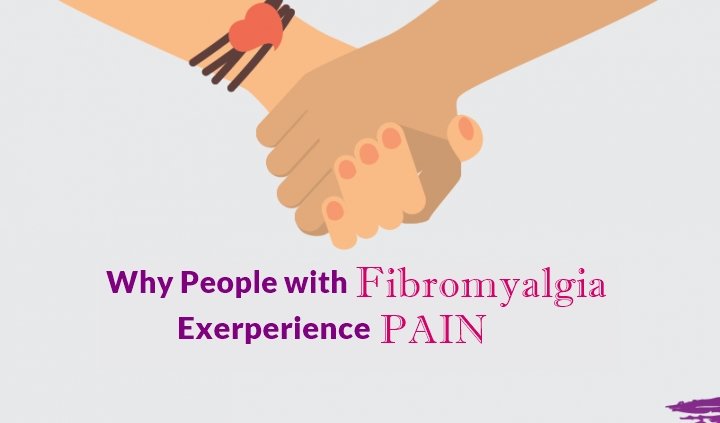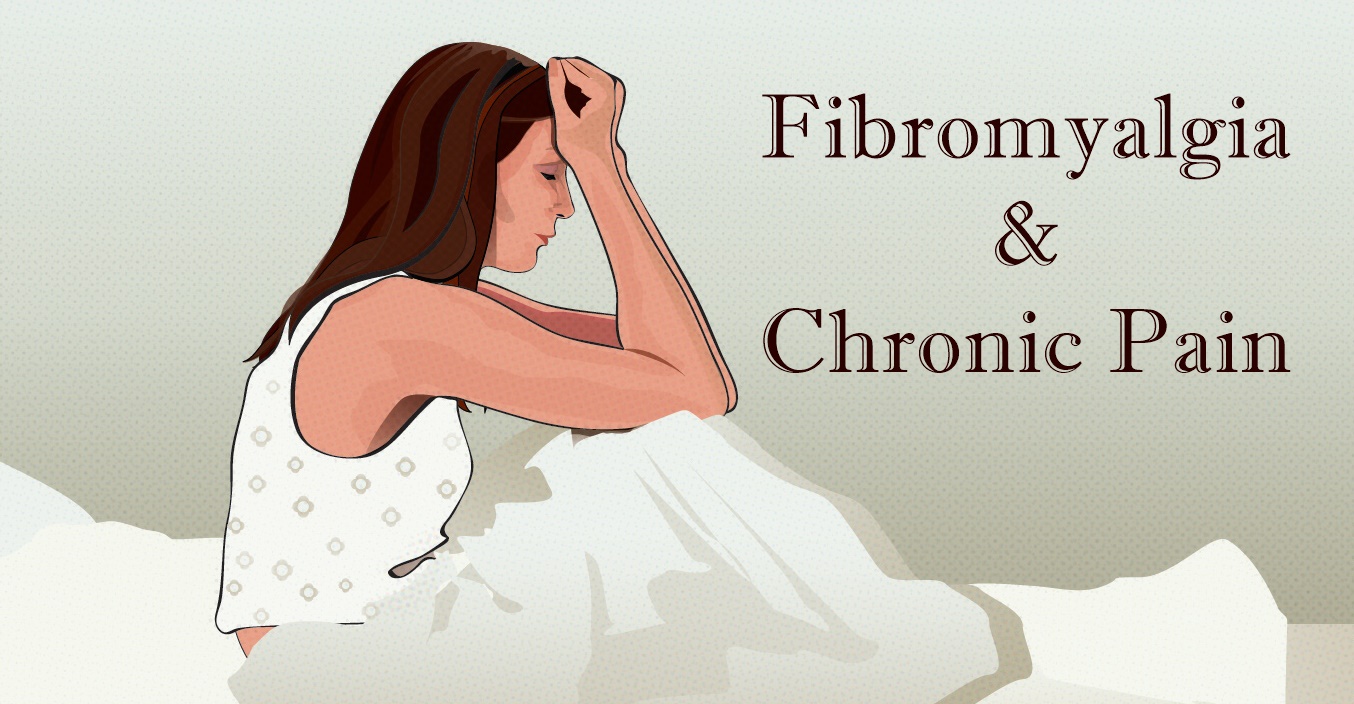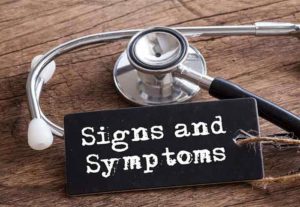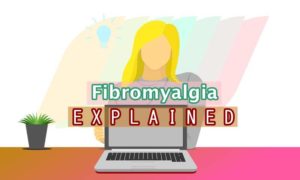Contents
Let’s discuss fibromyalgia and chronic pain syndrome. An estimated four million Americans are affected by fibromyalgia. It’s a chronic pain condition that can be difficult to diagnose and describe.
Fibromyalgia and Chronic Pain Syndrome
One of the fibromyalgia patient, Vicky, shares her story with us.
20 Years with Chronic Pain
”My name is Vicky, and I have been living with chronic pain for over 20 years. I first started experiencing fatigue and pain all over my body while at work. Then, it started to also affect my sleep, which was difficult since I’m a nurse and I have to be on my feet all day.”
”At the time, I was also raising two small children, and some days the pain was so bad that I would have to stay in bed all day. It took me almost a year to find out what was causing my pain. When my rheumatologist told me that I had fibromyalgia, that information was life-changing for me.”
Dr. Freda on Fibromyalgia
To help raise awareness about fibromyalgia and chronic pain syndrome, we will discuss Vicky’s condition with Dr. Freda Lewis-Hall of Pfizer. So, Dr. Freda, can you explain what fibromyalgia is?
Fibromyalgia is a specific type of pain. It’s chronic, it’s widespread, and it’s often accompanied by tenderness. Now, we don’t exactly know the cause of fibromyalgia, however, it’s believed to be related to overactive nerves. So what happens is, these overactive nerves amplify the pain sensation that we, you know, might feel from day to day.
Timeline
Now, in some cases, the symptoms gradually accumulate over time. But in some cases, there’s a trigger. It can be physical trauma, surgery, infection, even significant psychological stresses that can do this. And, some research indicates that you know, genetics might be playing a role here also. – And if you have lupus, rheumatoid arthritis, or irritable bowel syndrome, you could be more likely to have fibromyalgia.

Recent Research
A recent study has also indicated that there may be a link between fibromyalgia and gut bacteria. Researchers are trying to understand why there are differences in GI bacteria in people with fibromyalgia and whether changes in the gut bacteria play a role in causing fibromyalgia, or whether it just indicates that you have fibromyalgia.
Symptoms of Fibromyalgia and Chronic Pain
Freda, now let’s talk about what those symptoms may be.
People who have fibromyalgia and chronic pain syndrome may experience deep muscle pain and soreness. They may also have morning stiffness, and radiating pain and sensitivity to the touch. As Vicky described above, you can have profound fatigue, sleep disturbances, in some cases people have digestive issues, and difficulty concentrating, which actually has a term, it’s called fibro fog or brain fog in fibromyalgia.
No Specific Test
Fibromyalgia can be difficult to diagnose because there isn’t a specific test for it. Symptoms can mimic other conditions, doctors often have to rule out other causes before making a diagnosis. This can take some time to do because symptoms fluctuate and are sometimes unpredictable, this can cause emotional and mental distress. And adults with fibromyalgia, over three times more likely to have depression and anxiety because living with chronic pain, can cause lower quality of life.
Who is at Risk?
Now Dr. Freda, tell us who is most at risk?
This is most prevalent in women who are middle-aged, however, it can affect men, it can even affect children. Now, it’s most often diagnosed between the ages of 20 and 50 years of age. Unfortunately, there is no cure for fibromyalgia. However, it can be effectively managed with a variety of treatments, or with a combination of treatments. That may include various changes in lifestyle, medications, and a range of different therapies.
Physical activity may help manage fibromyalgia but listen to your body and pace yourself, talk to your doctor to find the best strategy for you. Establishing good habits and routines to improve the quality of sleep, that can also be helpful.
Vicky’s Advice to fellow Fibro Warriors
Let’s ask Vicky, you have found a way to manage your pain, and what advice do you have for anyone out there living with fibromyalgia?
Well, I had an amazing doctor, I did everything that she ever asked me to do, I never refused to try something. And I was able to go back to work. I also then became a pain advocate. I started to speak for people with fibromyalgia and chronic pain syndrome, and it’s very important for people to understand that when you have pain, don’t isolate yourself, don’t stay away from the world. You’ve got to get out there, you still have to be a part of the world, so you can survive, but there is hope, you can do it.



